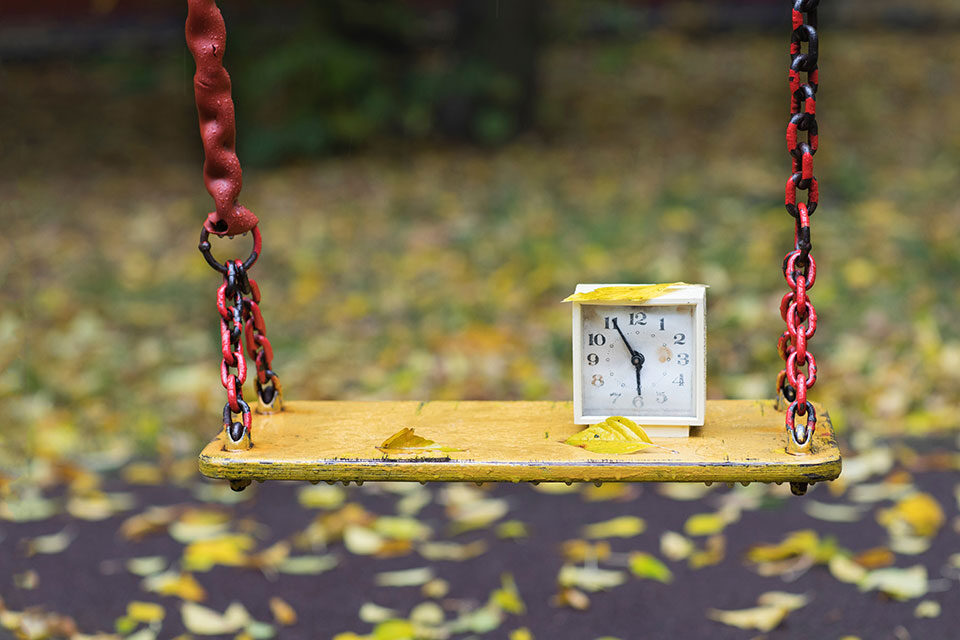Wellness Wednesdays: Daylight saving time and Seasonal Affective Disorder

Counseling Services is offering another Wellness Wednesday tip today. This one comes from Andy Kowal, a graduate intern in the Office of Counseling Services at Salve Regina.
Kowal has earned his M.Ed. in higher education counseling from Providence College and is pursuing a certificate of graduate studies in advanced counseling at Rhode Island College. Kowal is pursuing this degree in hopes to attain licensure as a licensed mental health counselor and will be at Salve Regina until the end of the spring semester.
Below, Kowal provides a video and some more written words about Seasonal Affective Disorder.
Video: Daylight saving time and Seasonal Affective Disorder
More thoughts on Seasonal Affective Disorder from Andy Kowal
Daylight saving time is here, and our clocks have been set back one hour. The time change will make the sun set earlier in the day, so it’s important to recognize if this will affect your mood.
Seasonal Affective Disorder is a real thing. According to the Mayo Clinic, it is described as a depression due to the change of seasons. For those of us that live in New England, this most often occurs during the winter. For more information on Seasonal Affective Disorder, please check out this article.
Symptoms of Seasonal Affective Disorder can include:
- Oversleeping
- Appetite changes
- Loss of interest in things once enjoyed
- Lack of energy/tiredness
- Inability to focus
There are biological reasons for this feeling. Lack of sunlight can decrease the amount of serotonin (a neurotransmitter linked to happiness) in your body. This can change your circadian rhythms (internal clock), which can disrupt your sleep patterns. Lack of sunlight also reduces the amount of melatonin in your body, which also can disrupt your sleep. All of these factors can make you feel depressed.
For easy ways to combat this, try making your home brighter during the day. Open up blinds and let the sunlight in! Make sure you go outside when it is light out and get exercise. Try yoga, meditation and other ways to relax your body. You can also buy a special light box for phototherapy. This therapy exposes you to light first thing when you wake up for about an hour and has been proven to help improve mood.
Counseling Services has a handful of light therapy boxes that we welcome students to try for a week or two at no cost. To see if this is something that you could benefit from, please email our office coordinator Kate Richardson at counselingsevices@salve.edu if you would like to request a trial of light therapy. We will be sure to sanitize our inventory prior to and following any student use. If after your trial do you decide to purchase one, we recommend contacting your insurance company to see if they may reimburse you.
As always, if you are a student, feel free to reach out to our office for talk therapy to discuss your mood and any number of areas that you’d like assistance with. If you are looking for support or mental health tips during this time, please visit the Counseling Services website or email counselingservices@salve.edu. Counseling Services also has an Instagram account where they offer various mental health tips, so follow along!
Written by Andy Kowal
This article is part of a regular series called Wellness Wednesdays on SALVEtoday. Check out more posts related to health and wellness here.
Featured photo by Getty Images/TolikoffPhotography


